Gloria Gaynor on disco, trauma and survival: ‘My sister was killed trying to save somebody she didn’t know’
Raised in such poverty as one of seven children that her mother used to send her out with 25 cents to buy bacon skins for family meals. Sexually abused by a family member aged 12, and again aged 17. Speaking from her home in New Jersey ahead of a new documentary about her extraordinary life, the 80-year-old disco queen talks to Jim Farber about grief, faith – and how she survived it all

Every pop fan knows that Gloria Gaynor sang the enduring hit “I Will Survive”. But few know just how thoroughly she has lived its lyrics. “That’s what made me able to sing the song with such conviction,” Gaynor, now 80, says via Zoom from her home in New Jersey. “That song is my story.”
Only now is the full extent of that story being told, thanks to a stirring new documentary titled Gloria Gaynor: I Will Survive. For nearly two hours, the film details exactly how the singer overcame setbacks and traumas of near-biblical proportions. These include: the absence of her father; the murder of her sister; repeated cases of sexual assault; a philandering husband; and a near-deadly fall on stage that left her temporarily paralysed and in need of multiple surgeries. All this alongside roadblocks and disappointments that, at times, blunted her career and her creative ambitions.
“This is someone who has faced difficult challenges head-on,” the film’s director, Betsy Schechter, says. “That became the story.”
In the film, Gaynor’s story is told in an unfolding way, mixing vintage footage with current interviews to integrate her latest struggles with those that helped form her character. To capture the hairpin twists of the tale, Schechter and Gaynor wound up filming for nearly a decade. Even within that time frame, the star faced another high hurdle. In her seventies, she tried to pull off a tricky career switch: Gaynor, who’s universally known as the queen of disco, wanted to record a full gospel album to reflect her faith. The depth of it is evident throughout our conversation. In less than one hour, she mentions God no fewer than 14 times. “God told me very plainly, ‘No one can stop you from getting what I have for you, except for you,’” she says. “That’s when I recognised that I needed to tune in and listen to his guidance.”
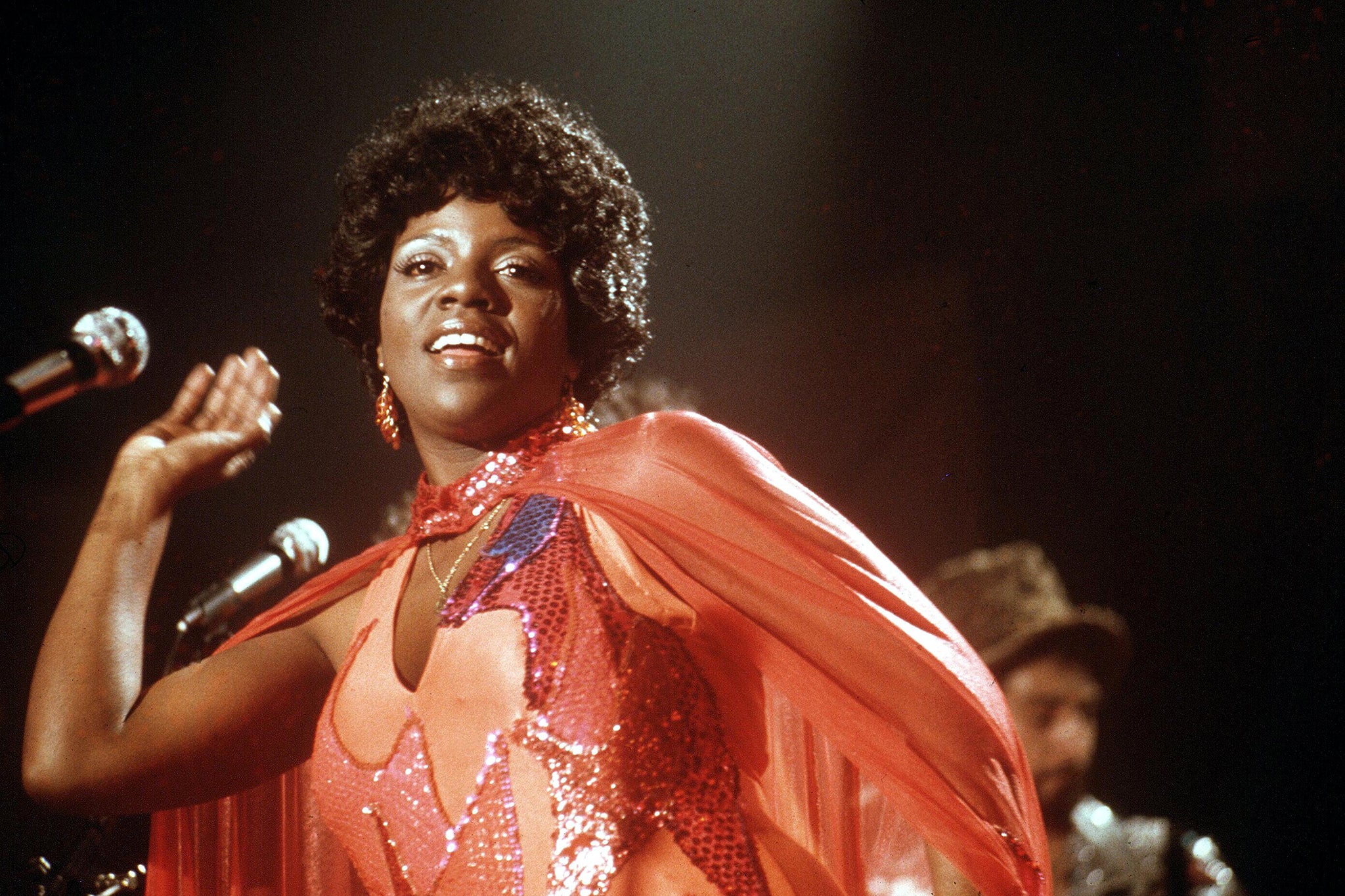
She feels it was God’s will that she make the gospel record – despite the fact that, as her manager says in the film, “no one wants this album. Nobody.” Initially, that included the entire gospel community, which viewed with suspicion a singer who made her reputation in the world of dance music and secular pop. “They feel that people who are doing well in another area are more concerned with making money than they are in faith,” Gaynor says. “If we let them in, can we trust them?’ I understand that but I don’t like it.”
Gaynor’s determination to defy the sceptics is mirrored in both the confidence in her speaking voice and the power of her presentation. She talks with the same force with which she sings, and she appears far younger than her years. Both are reflections of a life that has required significant self-assertion.
Her role model was her mother, Queenie May Proctor, who was left to raise seven children without their father. (He abandoned the family shortly before Gaynor was born). To support them in their modest Newark, New Jersey home, her mother worked tirelessly as a seamstress and cook. “She would send me to the store to get 25 cents worth of bacon skins and beans, and then make flatbread out of animal crackers because she couldn’t afford baking powder to rise the dough,” Gaynor says. “The food tasted really good because she could work the spices.”
Strong as Gaynor’s relationships were within the family, she was sexually molested by her mother’s boyfriend at age 12 and by his cousin when she was 17. “I didn’t talk about it to anybody because I was always afraid it would get back to my mother,” she says. “This was my thinking: ‘If I tell my mother, or if someone tells my mother, she’s going to kill this person and then I’m going to be without a mother or a father.’”
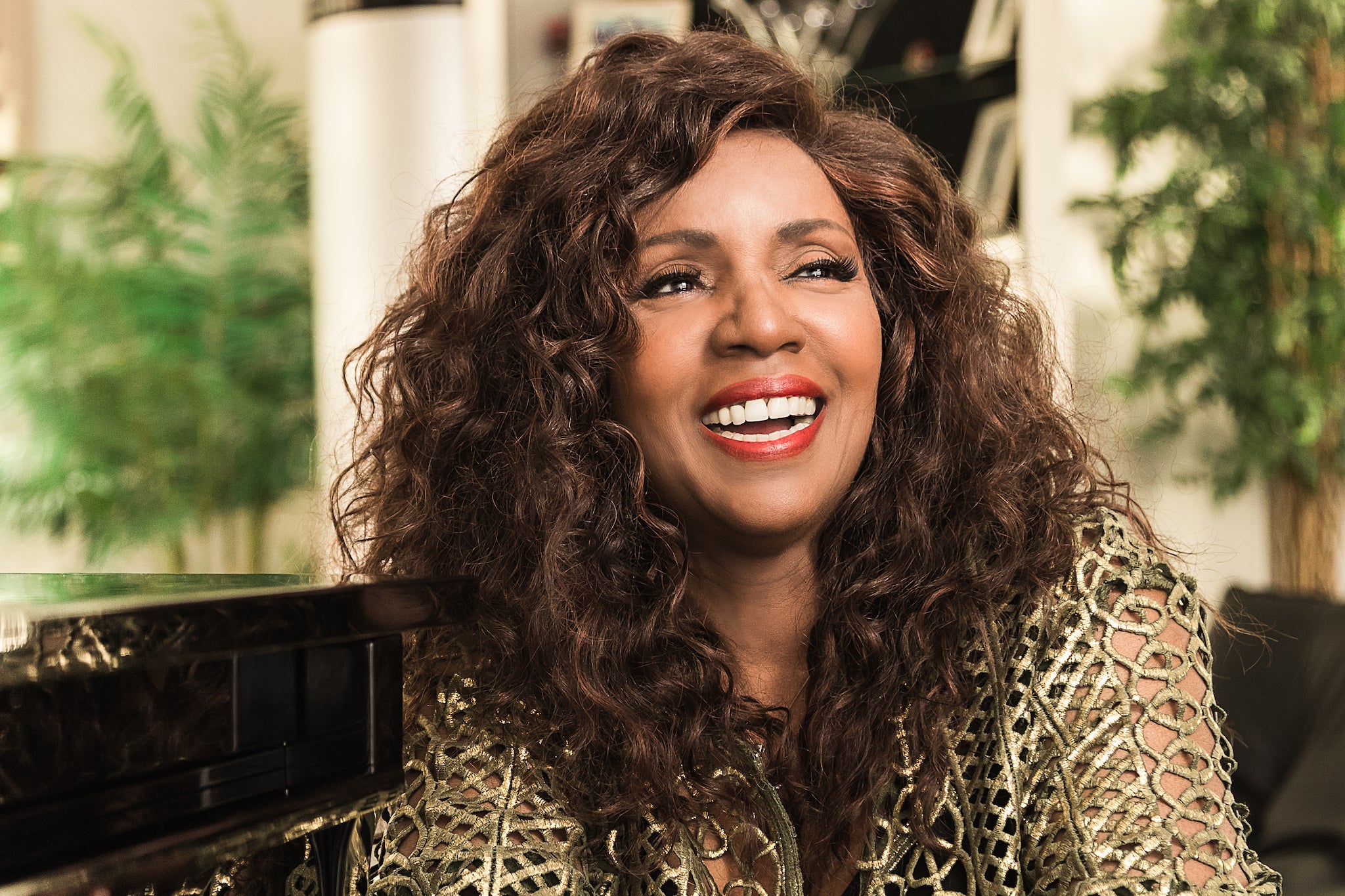
The trauma of those assaults made Gaynor believe she was unworthy of love, a mindset that greatly affected her later relationships. She found confidence through singing, starting as a teenager in the Sixties with a local jazz and R&B band called The Soul Satisfiers. In the early Seventies, another group of hers, City Life, began to catch on by playing dance music that eventually grabbed the attention of legendary record executive Clive Davis who signed her to Columbia Records. The result was a catchy single, “Honey Bee”, but it went nowhere. Soon after, Davis left the label, leaving Gaynor with zero support.
In 1975, a fresh contract with MGM Records turned things around. Her debut album for the label, Never Can Say Goodbye, produced a Top 10 hit with the title track, becoming the first disco single to earn that distinction. Four years earlier, that same song had been a hit for the Jackson Five as a yearning ballad, but Gaynor’s version sped up the beat and featured high-hat cymbal punctuations that helped blueprint a key motif in the genre. To make the album even more innovative, they brought in pioneering mixer Tom Moulton who blended all the songs on the first side into each other, creating a non-stop, 19-minute party. “It was awesome to have that much time on the dance floor with no break,” Gaynor says.
I never felt any sense of competition with Donna Summer
Her records found further distinction in her vocal style, marked by an attention to the melody in a song, which she would deliver with a declarative flair. “If I was singing something happy, I wanted you to hear the joy,” she says. “If I was singing something sorrowful, I wanted you to hear the tears.” The result is clear in the emotional arc she traced in that 19-minute medley, from the giddy tease of “Honey Bee” to the stalwart longing of “Never Can Say Goodbye”.
The result earned her the title “Queen of the Discos”. “I was pleased about the fact that there was an actual election by the International Association of Disc Jockeys,” the singer says. “I was crowned queen with a coronation!”
Just one year later, however, Donna Summer came along and quickly outsold her. “I never felt any sense of competition [with Summer],” Gaynor insists, though she quickly adds that when “somebody once said to me, ‘How do you feel about Donna Summer taking your crown?’ I said, ‘My crown is in my closet!”’
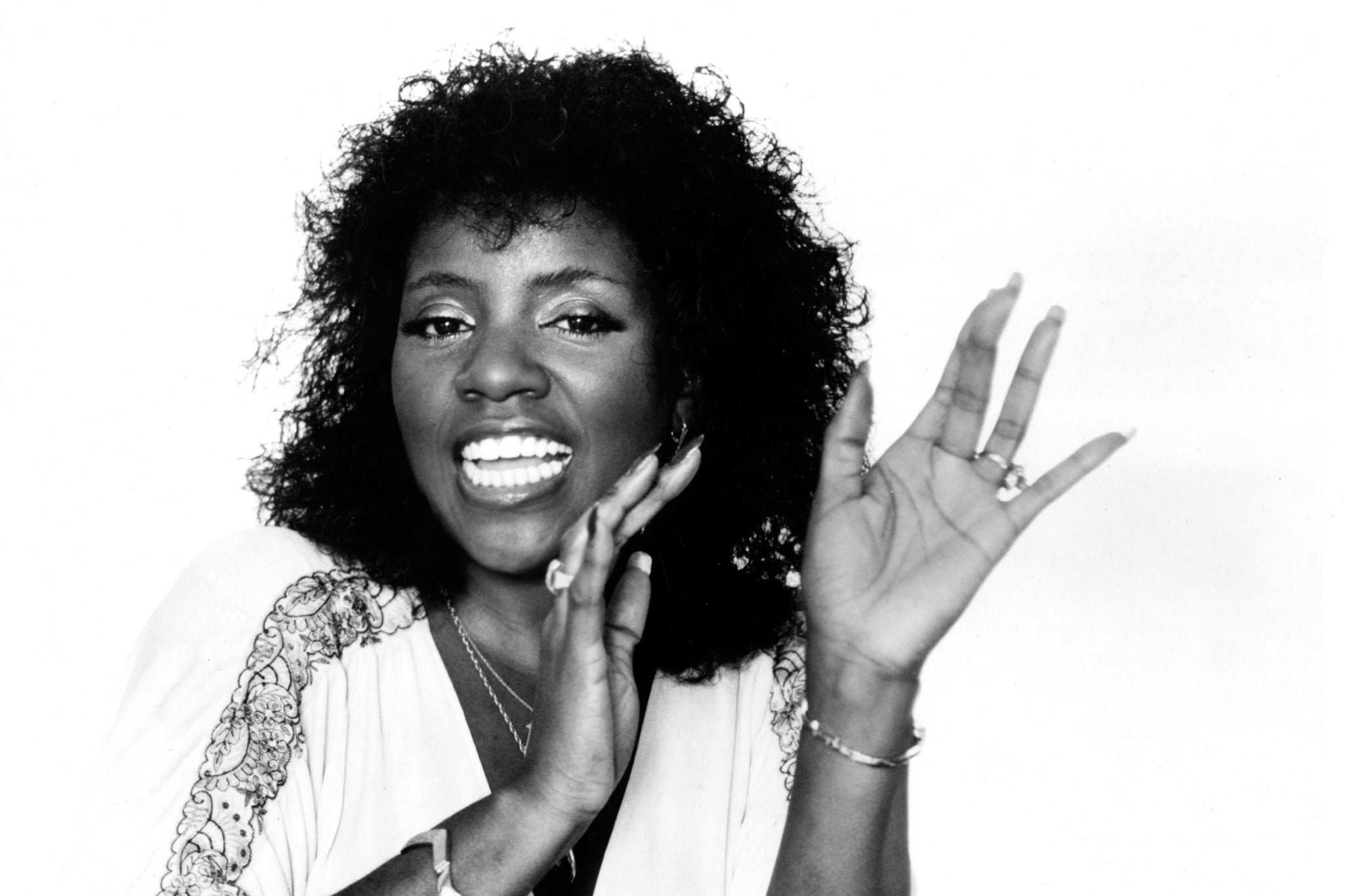
Gaynor’s label didn’t give her the unwavering support or creative freedom that helped Summer go on to produce scores of highly varied hits. Three follow-up albums released in as many years failed to click. Then, in 1978 she suffered a near catastrophic event after falling on a New York stage during a show, resulting in complex back problems that lasted for decades. Over time, her vertebrae were collapsing into each other, causing her to “feel like somebody’s got a rope around me and it’s holding me back from walking”, she says in the film. It was in that terrible moment that she found her faith. “You know how you get very close to God when you get in trouble?” she says with a knowing laugh.
Gaynor was still in a back brace when she recorded “I Will Survive” but right away she knew it was a smash. Weirdly, her label wanted to bury it on the B-side of a song called “Substitute”. Instead of an anthem of autonomy and overcoming, the lyrics in “Substitute” expressed the opposite, presenting the thoughts of a woman who would seemingly put up with anything to get her man. Not only did Gaynor hate the song and its message, she was gobsmacked that the label didn’t recognise the power of “Survive”. “The record company president had chosen what was the A-side and no one wanted to go against his decision,” she says. “They had so little respect for me and my opinions.”
To make an end-run around the company, Gaynor’s manager and husband at the time pushed “Survive” at discos. There, it became so popular, the label was essentially forced to issue it as a single. Almost overnight, it shot to No 1 all over the world. But as her career soared, her husband started becoming more and more distant. In his dual role as her manager, he kept her on the road relentlessly – mainly, Gaynor believes, so that he could fool around undetected. “He was a woman magnet,” she says in the film.
The United States wants the shiny and new, whereas in other countries they respect you if you’ve had a hit decades ago
A year after her breakthrough, Gaynor’s career suffered another huge blow from the disco backlash, epitomised by an infamous event known as “Disco Demolition Night”. A stadium full of people gathered in Chicago that night to show their hatred of disco by burning hundreds of dance records. The night ended in a riot that was later seen by many as a racist and homophobic reaction to the cultures that were central to disco’s creation. To Gaynor, it had more to do with simple economics. “Someone’s bottom line was being negatively affected by disco music,” she said.
Though her marriage was also floundering at the time, she stayed in it for years for fear of being alone. She only left, at age 65, after realising that she felt more alone in the marriage than she would out of it. Then, a true tragedy befell her. On Thanksgiving Day 1995, her sister was on her way to pick up some cranberry sauce when she struck up a conversation with another woman who was also on her way to the store. As Gaynor explains, “a young man ran up and started talking to the other woman. My sister kept walking but turned to see what was going on when she heard their voices raised. The man then struck the woman to the ground and my sister ran over to intervene. He turned on my sister, knocked her down and stomped on her head. She died in an effort to save somebody she didn’t even know.”
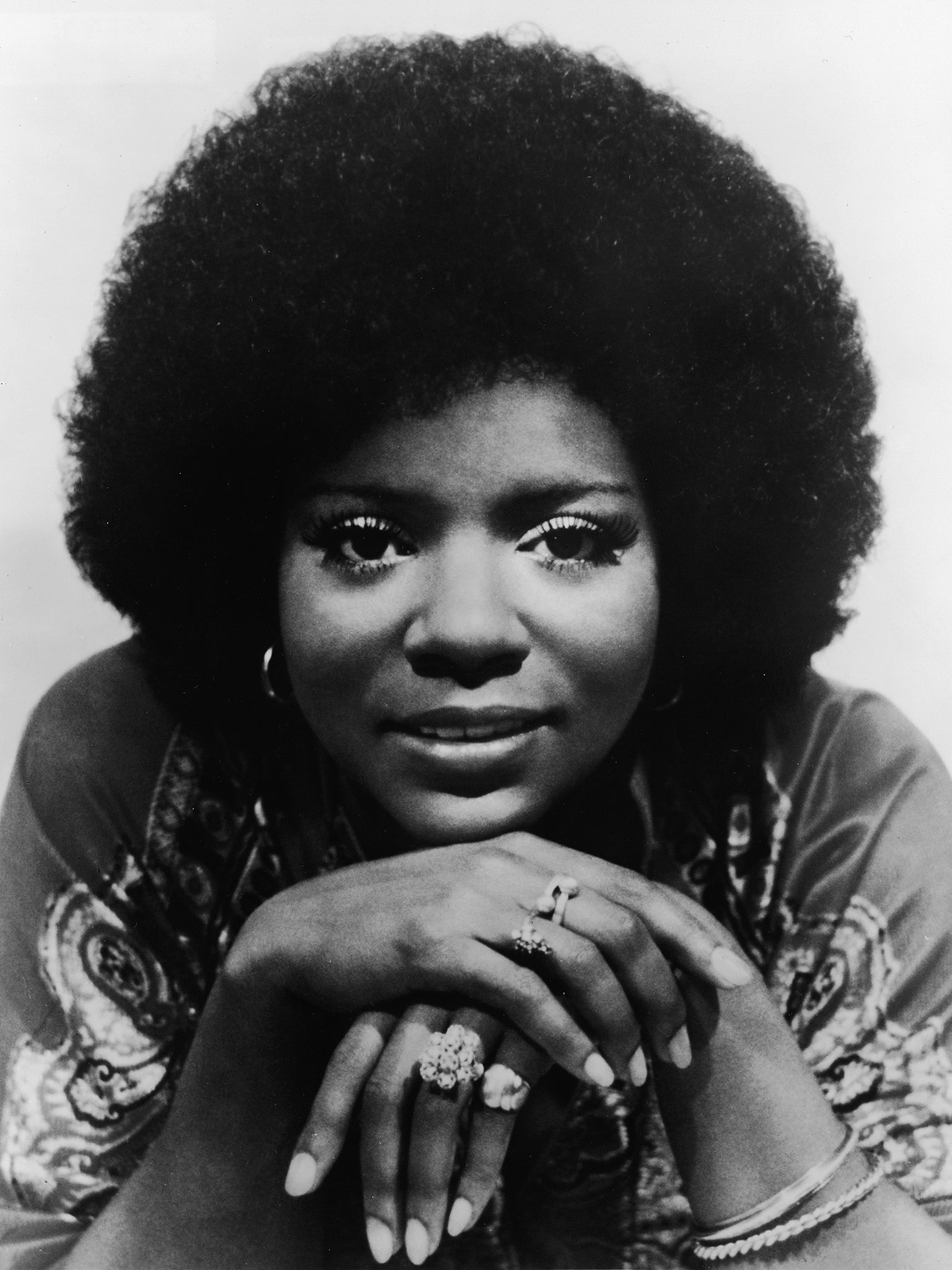
When talking about it now, Gaynor still shows traces of anger and pain. To soothe her emotional wounds, and to salvage her career at the time, she began to work mainly in Europe and the UK where she found audiences to be more receptive than back home. “The United States wants the shiny and new, whereas in other countries they respect you if you’ve had a hit decades ago,” she says. “It’s not just about what you’re doing right now.”
At the same time, Gaynor longed to make new music and to revive her career in her own country. A new manager, Stephanie Gold, proved crucial in reversing her fortunes. Gold, who is still her manager, hired a full band to back Gaynor in live shows rather than having her rely on the tapes she’d been using. She also fought to make her gospel album dream a reality. Not only did the singer face major obstacles from the gospel community but also from the ageism that pervades the music industry. “It’s born of fear,” says Gaynor. “We all know we’re going to get there but, somehow we feel like if we distance ourselves from the aged, it won’t affect us.”
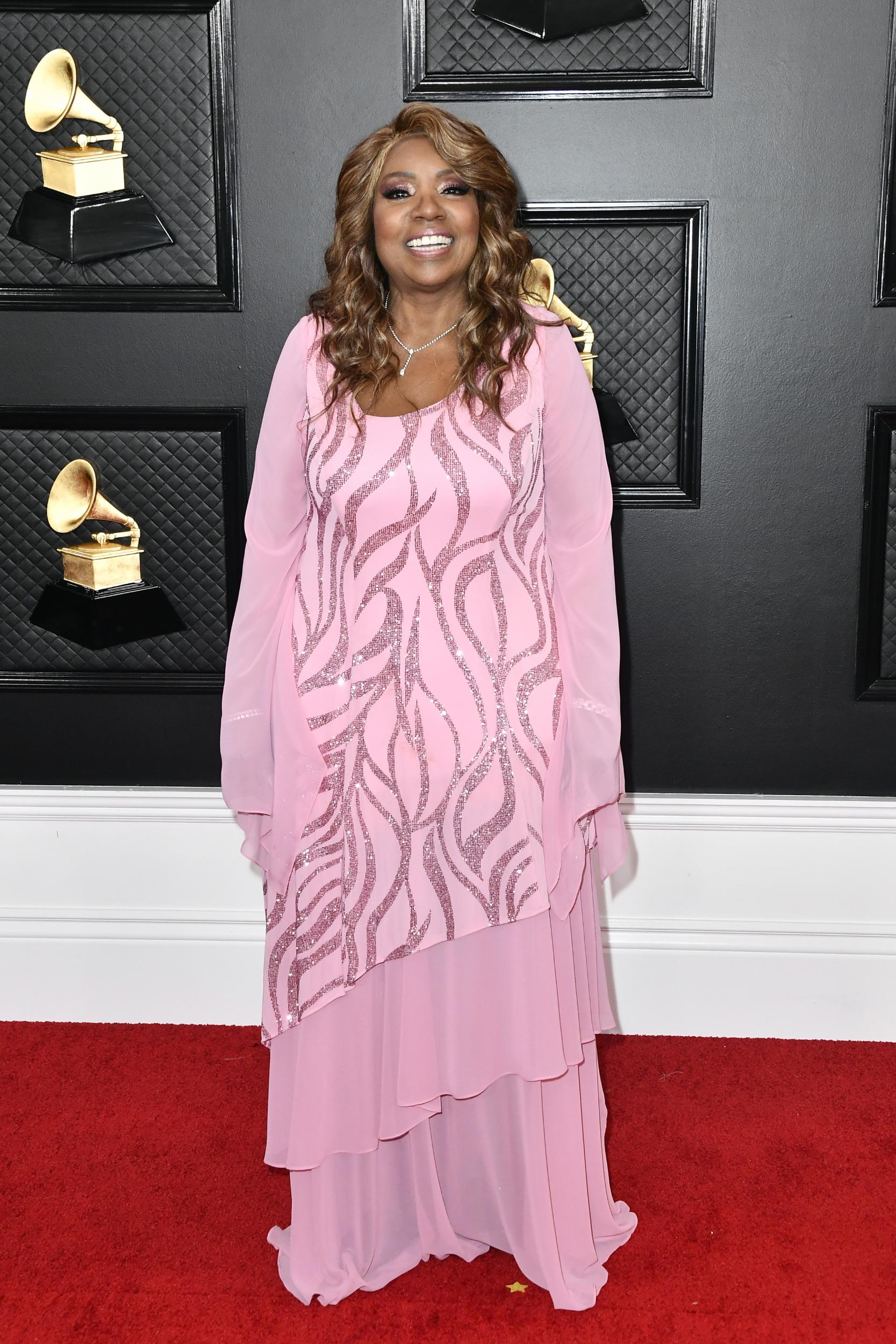
To overcome that, she financed the album herself and formed alliances within the gospel community. By the time she recorded the album, titled Testimony, in 2019, she had wrangled names as huge in the field as Yolanda Adams and Bart Millard to perform duets with her. The next year, the album won the Grammy for Best Root Gospel Album, marking 40 years since Gaynor’s last Grammy for “I Will Survive”.
Now, as Gaynor enters her ninth decade, she’s hitting a new stride. In 2021, she recorded a song with Kylie Minogue on her Disco album, and this year she enjoyed a shout-out from Madonna, who has been performing “I Will Survive” on her Celebration tour. Currently, she’s gathering material for a new pop album with songs penned by writers who have worked with stars as hot as Miley Cyrus and Taylor Swift.
Given all the drama that led up to this surge, it’s small wonder that Gaynor confidently describes her best-known song as “a divine appointment”. She’s equally certain that “I Will Survive” will continue to touch people across continents and generations. “We all have situations and circumstances in our lives that we think are insurmountable,” she says. “The song celebrates the tenacity of the human spirit to overcome. And that’s something everyone wants to feel.”
‘Gloria Gaynor: I Will Survive’ opens in US theatres on 13 February with a UK date to come






Join our commenting forum
Join thought-provoking conversations, follow other Independent readers and see their replies
1Comments